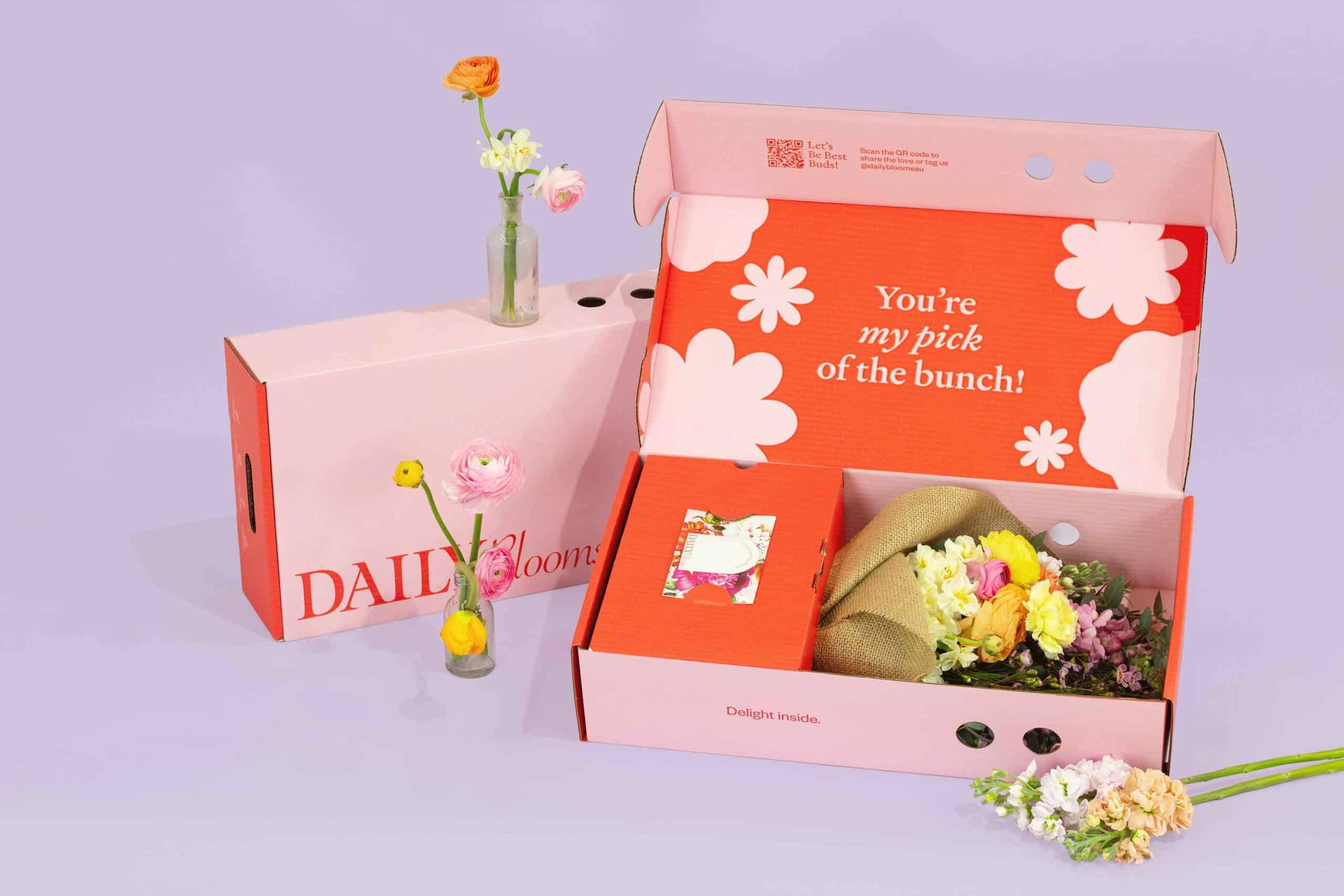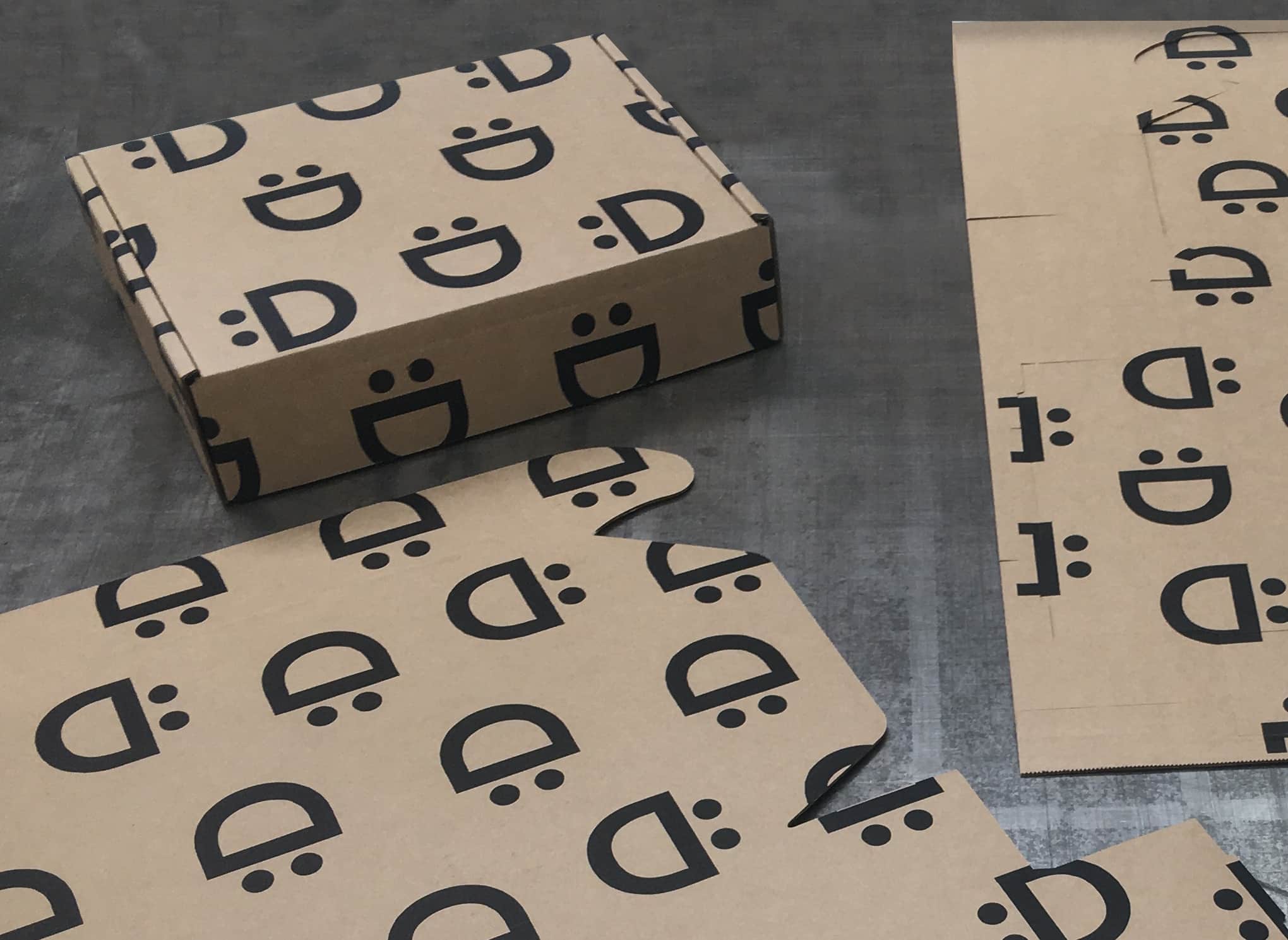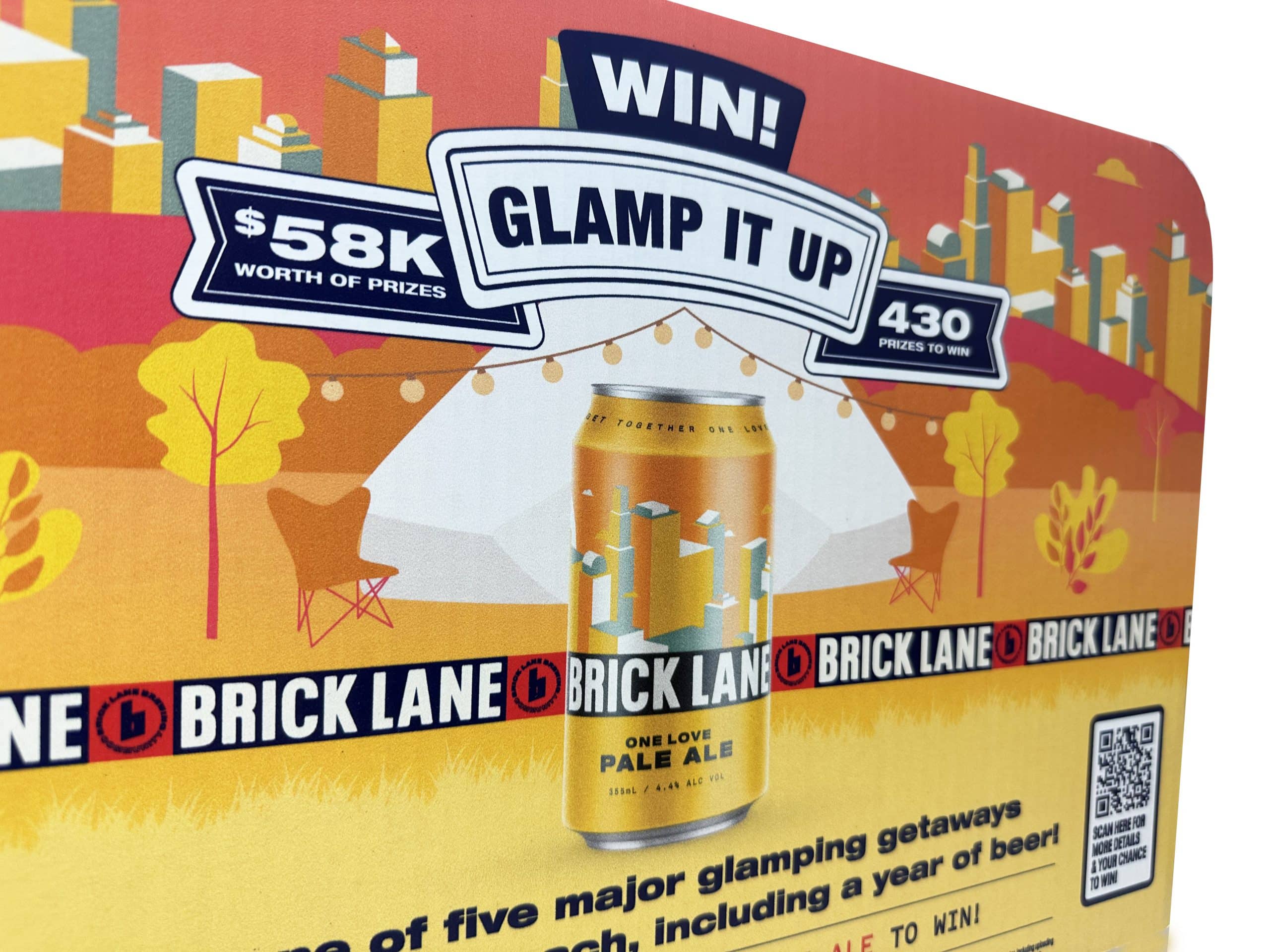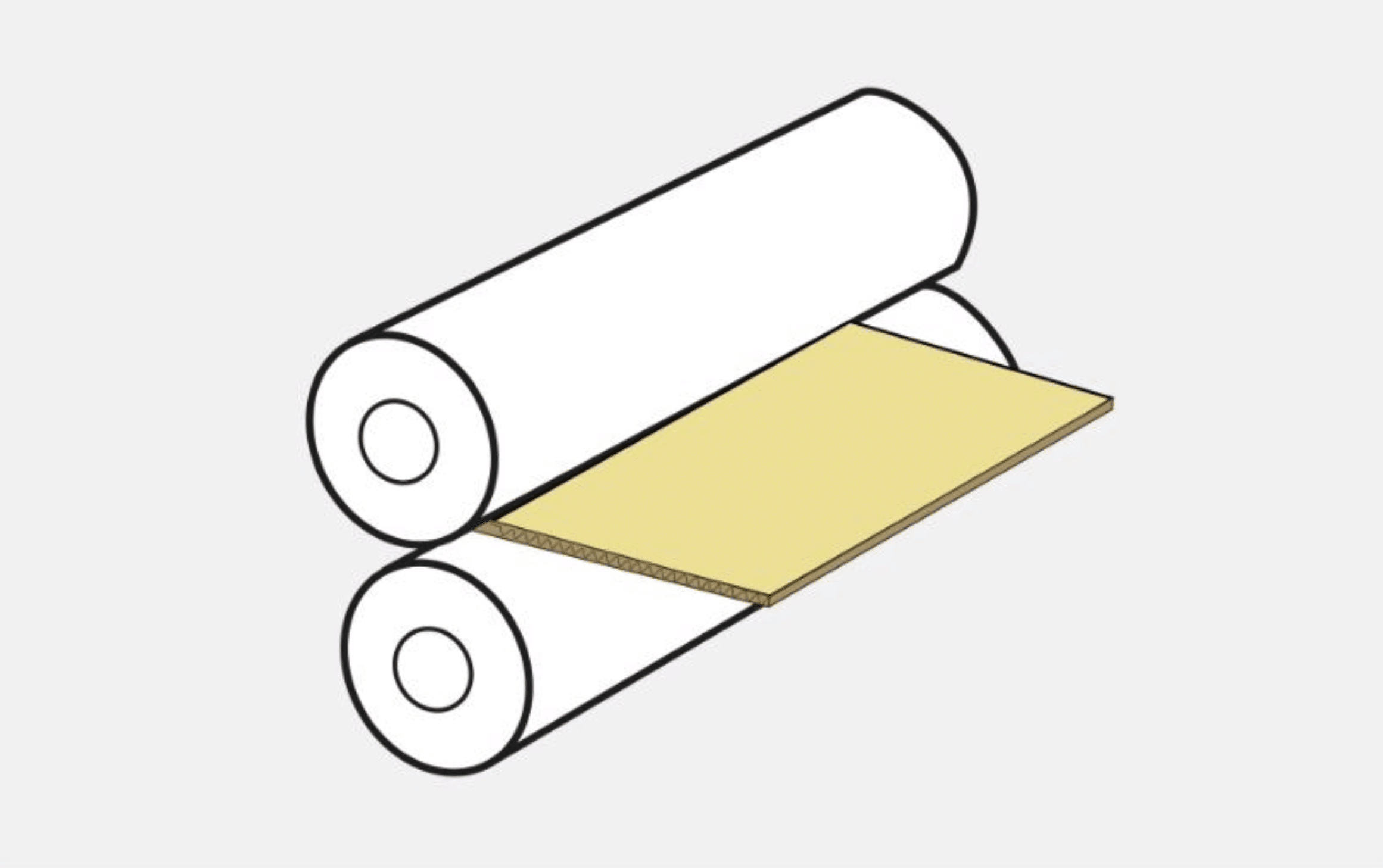
Lithographic Printing / Laminating
Fondly known as “litho” in the printing world, the lithographic printing and laminating technique is one of the most popular methods for packaging production. This method prints the product packaging design onto paper stock via a custom printing plates, this paper is then glued/laminated to the cardboard or corrugated board used in the packaging. The benefit of printing onto paper stock rather than directly onto cardboard is the opportunity for extra details and customisation – such as foil stamping, embossing, or different finishes like matte or gloss. Lithographic printing is high-quality and allows crisp, photo-realistic printing to bring your packaging to life. It’s also a cost-effective choice for high volume-printing for industries like retail, food, cosmetics, and electronics.

Flexographic printing
Flexographic printing (known as “flexo”) is a tried-and-tested method of creating custom printed packaging that has maintained popularity for decades. Here at Production Packaging Innovations, we flexo print directly onto the packaging’s corrugated cardboard substrate, using flexible rubber plates wrapped around a cylinder to transfer the ink. You may have seen newspapers being printed using this technique! Flexographic printing remains a popular choice because it is an economic way of branding and its suitability to high volumes, making it a great option for printing on shipper boxes and primary retail packaging. While litho may be better suited to highly detailed designs – flexo offers a high-quality solution for efficient large-batch printing.

Digital Printing
Digital printing for product packaging is an increasingly popular technique, with the printer used bearing similarities to a printer you might have at home. The packaging design is printed directly onto cardboard or corrugated board substrate from a digital file, which means set up and turnaround times may be quicker than other more traditional printing methods. The digital format also allows for easy-to-update changes to the design, along with customisation options if you are dealing with multiple SKUs. Although there are fewer finishes (like gloss or matte) available with this method, digital printing is a great economical solution for short-run, low-volume packaging.

